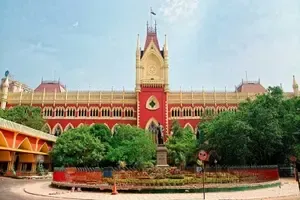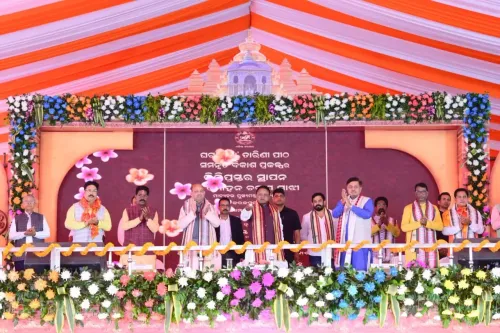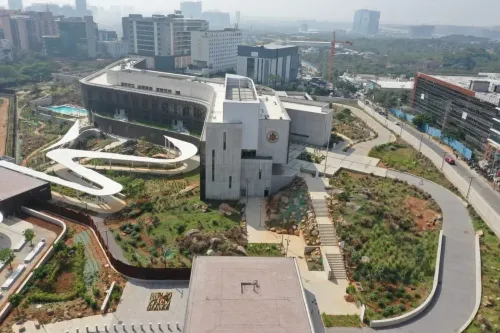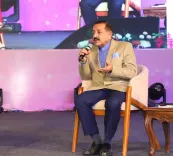Why Has the Hearing on the WBSSC Recruitment Case Been Postponed to May 1?

Synopsis
Key Takeaways
- Contempt-of-court petition filed against WBSSC.
- Supreme Court ordered cancellation of 25,753 jobs.
- Next hearing is on May 1.
- State government seeks more time for arguments.
- Legal authority of Calcutta High Court is contested.
Kolkata, April 28 (NationPress) The significant hearing regarding the contempt-of-court petition lodged at the Calcutta High Court, which accuses the state government and the West Bengal School Service Commission (WBSSC) of failing to execute the Supreme Court (SC) directive to nullify 25,753 teaching and non-teaching positions, has been rescheduled for May 1.
This matter was set for hearing before the Calcutta High Court’s division bench comprising Justice Debangshu Basak and Justice Shabbar Rashidi on Monday afternoon.
As the proceedings commenced, the state government’s counsel requested additional time to present his case.
The division bench granted the request, leading to May 1 being established as the new date for the hearing.
Earlier this month, the Supreme Court division bench led by Chief Justice of India Sanjiv Khanna and Justice Sanjay Kumar upheld a prior ruling by a division bench of the Calcutta High Court that canceled 25,753 teaching (both secondary and higher secondary) and non-teaching positions in state-run educational institutions.
The SC also supported the Calcutta High Court’s assertion that the entire panel needed to be annulled due to the state government's and the commission's inability to properly segregate candidates.
Following this, a contempt-of-court petition was filed against the West Bengal government and WBSSC, accusing the latter of neglecting to implement the apex court's decree.
In the previous hearing on April 23, the WBSSC counsel contested the Calcutta High Court’s authority to deliberate on the contempt-of-court petition.
The WBSSC counsel contended that while the SC had affirmed last year’s decision by the Calcutta High Court’s division bench, the apex court had mandated modifications to the Calcutta High Court’s ruling. Therefore, he argued, any discussion on this matter should be conducted exclusively at the SC.
Conversely, the petitioner’s counsel asserted that since the apex court had validated the core aspect of the Calcutta High Court’s ruling concerning the annulment of the entire WBSSC panel for 2016, the respective division bench possessed the authority to hear the contempt petition.










